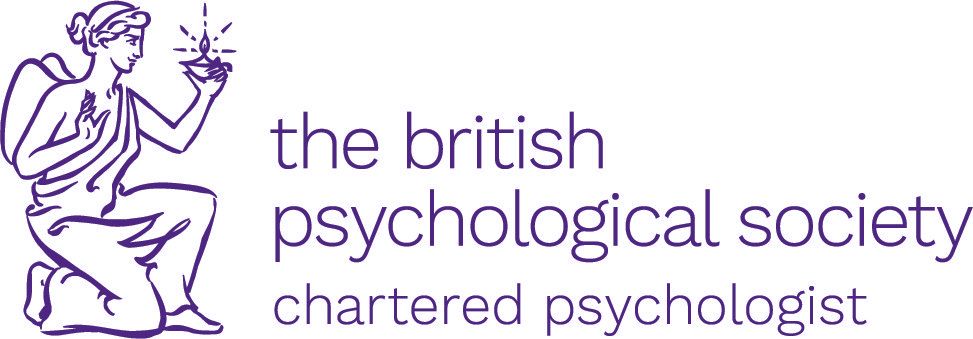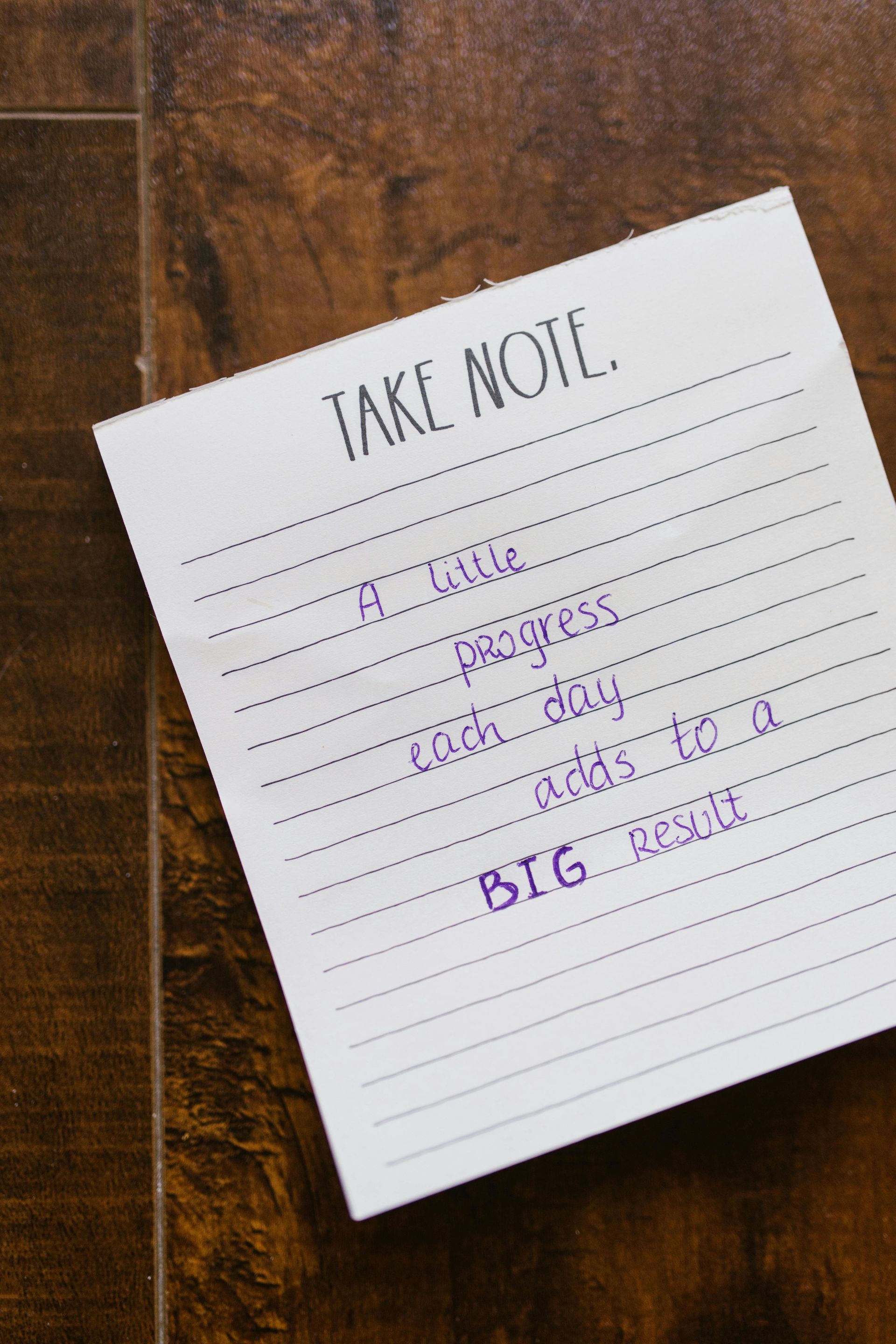About me
dr neesha patel
Hi, I’m Dr Neesha Patel, and I am the founder of Evoking Health Limited.
I am a Health Psychologist registered with the UK Health Care Professionals Council (HCPC) and a Chartered Psychologist registered with the British Psychological Society (BPS). I am also a BPS Accredited Clinical Supervisor.
My qualifications include a PhD in Medicine, a Doctorate in Health Psychology, MSc Health Psychology and BSc Psychology.
I am committed to Continuing Professional Development and applying new knowledge and skills to my clinical practice for client benefit. I enjoy participating in seminars, webinars and conferences as well as developing training programmes for healthcare professionals.
I speak both English and Gujarati, and I can adapt my sessions for people whose first language is Gujarati.
In my spare time, I enjoy spending time with my family and friends, playing tennis, yoga, listening to podcasts, reading, travelling, cooking and engaging in personal growth activities.
h ealth Psychologist phd, msc, cPsychol

my story
I live in Bramhall, Cheshire with my family but grew up in Watford, Hertfordshire.
From a young age, I cultivated a deep interest in health and wellbeing, largely influenced by witnessing my late father's physical and mental battles with Type 1 Diabetes and Heart disease. These conditions are notably prevalent among South Asian communities and can result in additional chronic health issues if individuals lack the necessary support and information to modify their lifestyles effectively. Unfortunately, this was true for my father.
This sparked a deep passion and curiosity within me to explore the psychology of living with a health condition, especially after completing my master’s degree in health psychology in 2004. Following a few years of experience at Diabetes UK, I decided in 2009 to pursue a PhD focused on diabetes management within the South Asian population. Additionally, I enrolled in the BPS professional doctorate programme to train as an independent health psychologist.
My vision and ambition have always been to provide individuals with the psychological support necessary to feel empowered, whether that means managing a long-term health condition or fostering healthy habits to lead a healthier life and prevent lifestyle-related issues like type 2 diabetes and obesity.
Establishing Evoking Health Ltd has now enabled me to follow this passion.
With over 15 years of experience in the field of health psychology, I have had the privilege of working with a variety of diverse populations. Since qualifying in 2014, I have worked in various clinical settings as the Lead Health Psychologist at NHS Trusts across England, and have taken on the role of Clinical Lead in NHS-funded Specialist Adult Weight Management Services. Furthermore, I have had the pleasure of presenting guest lectures to students in the Department of Psychology at various universities. I operate a private clinic, offering both online and in-person psychological support, for individuals seeking support with making changes to their health, managing chronic health conditions, or preparing for weight loss surgery. Additionally, I run a part-time Diabetes Psychology clinic at a Manchester NHS Trust located in the inner city.
My other expertise includes providing advice, support, education, and training to healthcare professionals on the psychological dimensions of health behaviour change, particularly in the management of diabetes among both the South Asian community and broader populations.
Despite the significant advancements and breakthroughs in scientific research today, many individuals still face challenges in accessing the healthcare services and psychological support necessary for altering lifestyle behaviours and managing their health and well-being effectively. Frequently, people attempt to initiate changes on their own or with minimal assistance from healthcare providers, often only after receiving a diagnosis of a chronic health condition such as type 2 diabetes, heart disease, high cholesterol, or obesity.
how i can h elp
I am dedicated to providing a flexible, empathic, and person-centred psychological support to all my clients than it is commonly possible to achieve within the NHS. With my skills and expertise in health behaviour change, I truly believe that we can all find ways to live a healthy and fulfilling life.
I have seen this happen first hand in my NHS clinical practice. I have seen people make the necessary changes and build the skills required to lose weight and, for some people, to help them to psychologically prepare for life-changing bariatric surgery. However, I also came to realise that learning the skills to live a healthy lifestyle and having a good relationship with food to benefit our physical and mental wellbeing is not something we have been educated on from a young age.
When people get stuck in a vicious cycle of yoyo dieting to manage weight or change our lifestyle, they can easily end up being self-critical, feel shame and guilt - and these emotions can then become barriers to making changes and in the long run they end up gaining more weight. For some, the rollercoaster rides of diets and/or intense physical activity in an attempt to lose weight, get fit and healthy have been short-lived or stopped after a period of time. This can often lead us to believe that we are a failure, or we are doing something wrong, and before you know it, you are back into a vicious cycle of stop and start with making lifestyle behaviour changes. Eventually we resent the changes and give up completely.
so, what’s th e answer to long lasting h ealth behaviour change?
People need support, information, and achievable goals to be able to build new habits and skills. Often, we set the bar too high which means we have failed before we have even started.
Research suggests that it can take up to three months to form a new habit, so taking a more realistic and kinder approach to lifestyle behaviour change can help to ensure that you meet your health goals, no matter how big or small.
That’s why at Evoking Health Limited you will receive tailored support to suit your needs on your journey to health behaviour change.
affiliates


blogs
ready to make positive lifestyle changes?
I can help you to move forwards and live a happier and more fulfilling life. Let’s discuss your needs and arrange an initial consultation today.


